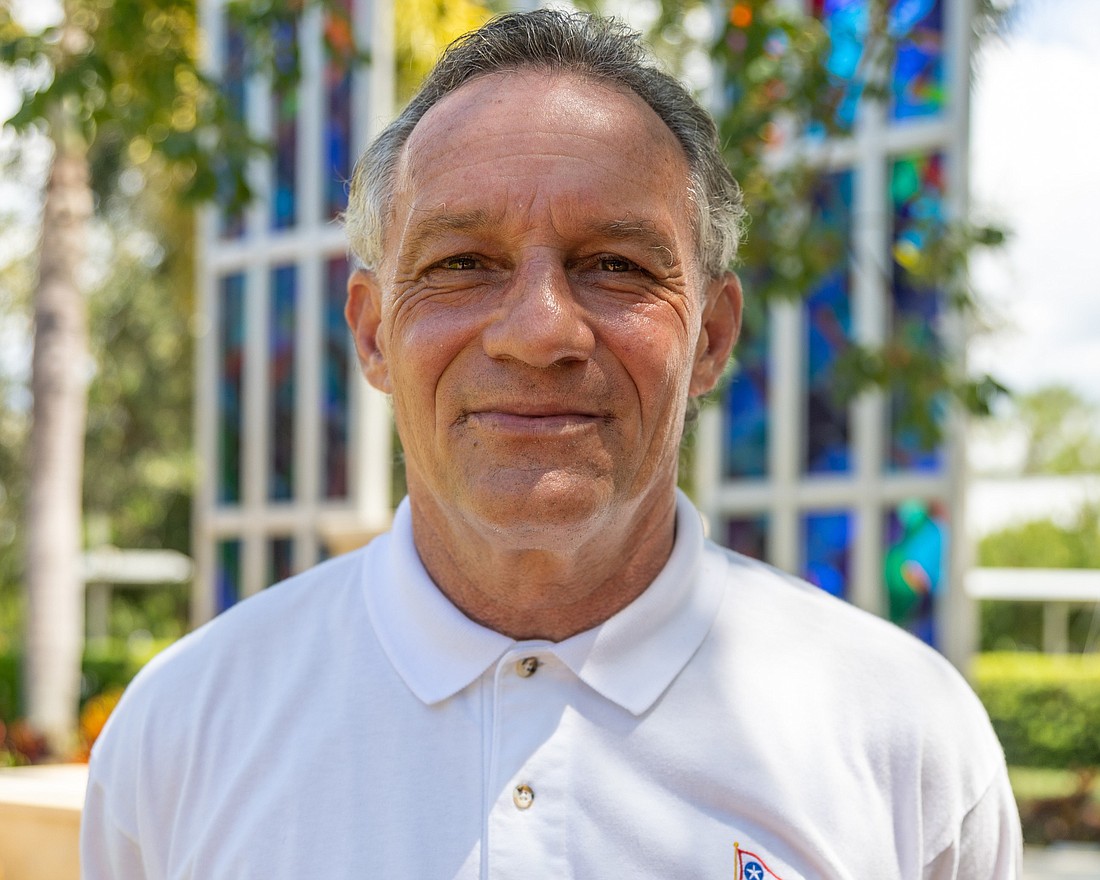- December 15, 2025
-
-
Loading

Loading

As head of school for The Village School of Naples, Dennis Chapman receives a significant amount of resumes and fields a lot of calls about job openings.
All the more so because the school, founded in 1985 as a preschool, has been in expansion mode. It added a middle school in 2009, and an upper school for high school students in 2017. It’s renovated and expanded its campus and athletic facilities, and in June 2020 the school celebrated its debut graduating class of seniors. The school has 135 upper school students this year, and 33 are in line to graduate next spring.
In hiring the teachers and staff to support that growth, it’s unlikely Chapman encountered someone like Piotr Nowak. Nowak is one of the greatest Polish-born soccer players and coaches of all time — with a trophy and awards case to back it up.